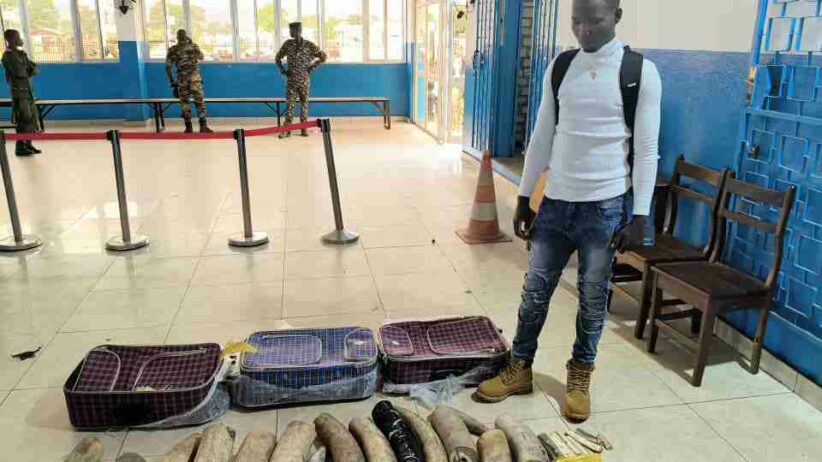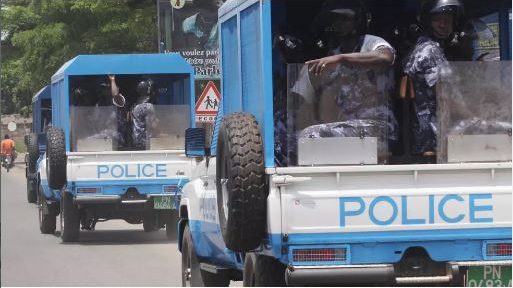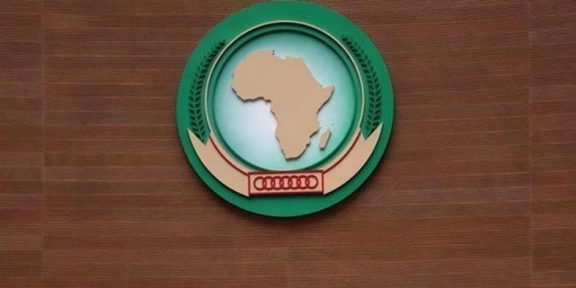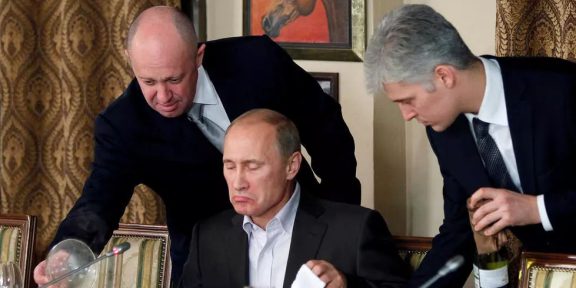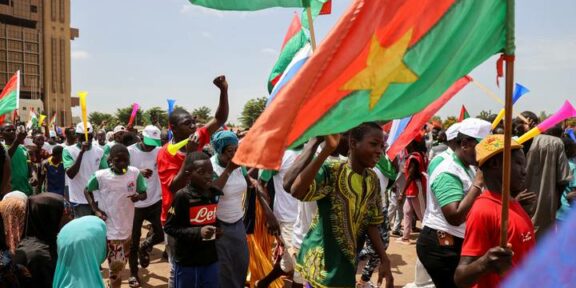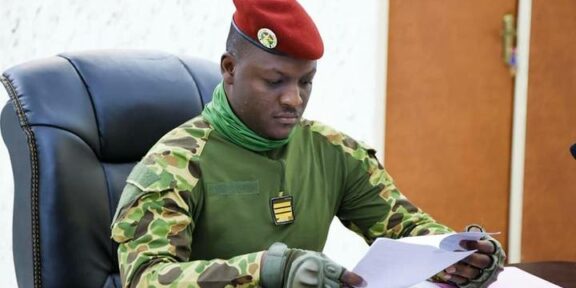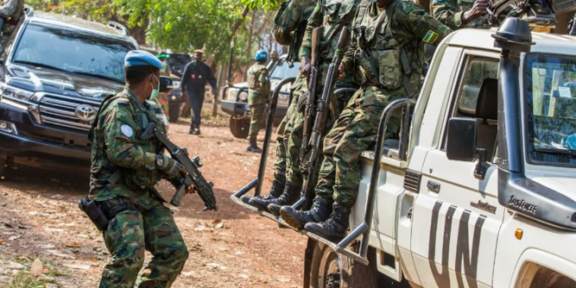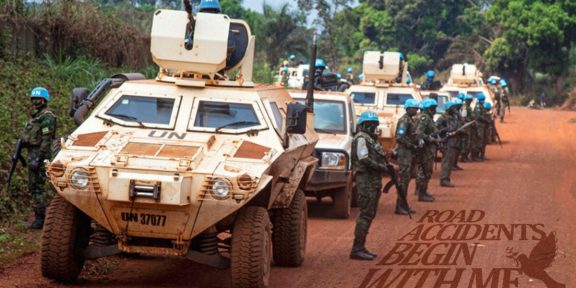In early June this year, a Central African national named Caleb John was arrested at Bangui’s M’poko airport while attempting to smuggle over 50 kg of ivory out of the country. When questioned, Caleb confessed that the shipment was destined for a member of the Indonesian contingent of the United Nations Multidimensional Integrated Stabilization Mission in the Central African Republic (MINUSCA). This case raised the issue of ivory smuggling and the links between MINUSCA peacekeeping mission personnel and the illicit trade in precious natural resources.
Caleb John was apprehended with several suitcases full of ivory without the proper documentation for the cargo. During interrogation, he confessed that he was trying to export the ivory for his friend Rafio, who was working with the Indonesian contingent of MINUSCA. In his testimony, he claimed that Rafio had bought ivory in the Central African Republic and asked him to help deliver the material.
It’s no secret that ivory is a precious material used for luxury goods and is still subject to poaching. Since 1989, the international community has banned the ivory trade due to the threat of elephant extinction. Despite this, ivory smuggling continues, with this case revealing that UN peacekeeping mission personnel are involved in smuggling.
Furthermore, in the Central African Republic, throughout its ten-year mandate, the Blue Helmets have been repeatedly implicated in scandals involving not only the smuggling of jewels and natural resources, but also links with militias and endless road emergencies.
Some of these cases, of which there is a long list, have been widely publicized and condemned by the civilian population. However, despite the publicity and scandals, many crimes remain uninvestigated and their perpetrators unpunished. Those in charge of the mission try not to talk about these crimes, and quickly expel the perpetrators from the country. But is this a punishment worthy of the name?
This situation raises serious questions about the transparency and effectiveness of UN peacekeeping missions, and calls for measures to be taken to prevent similar incidents in the future.

